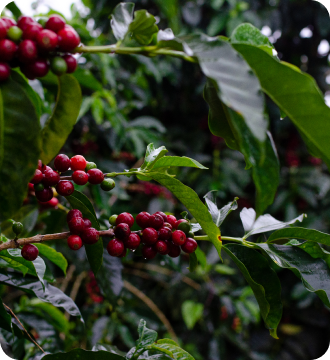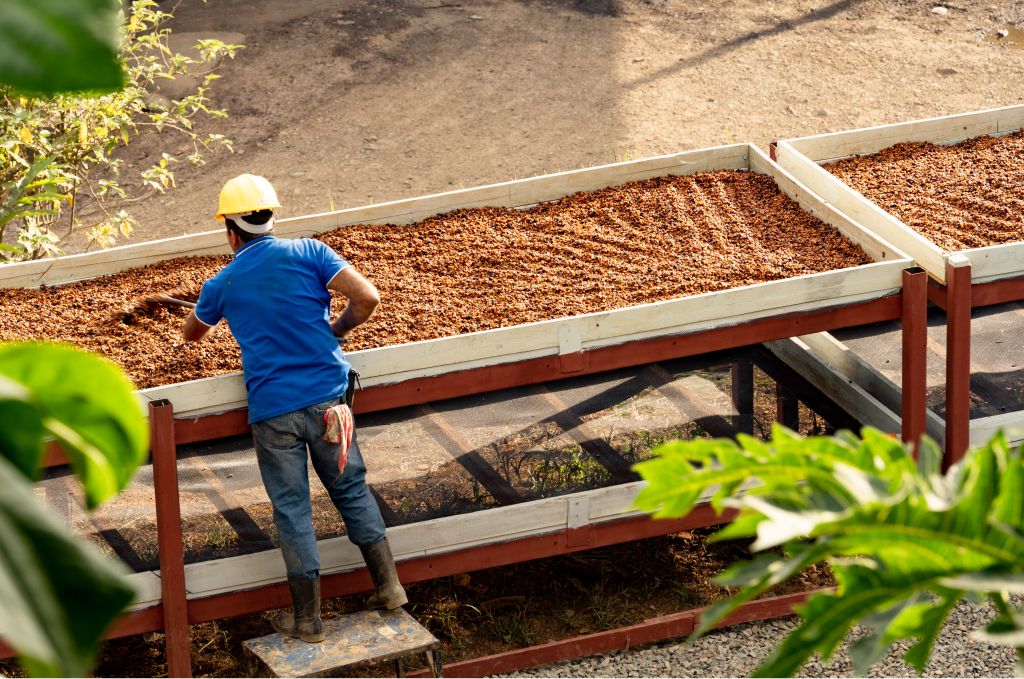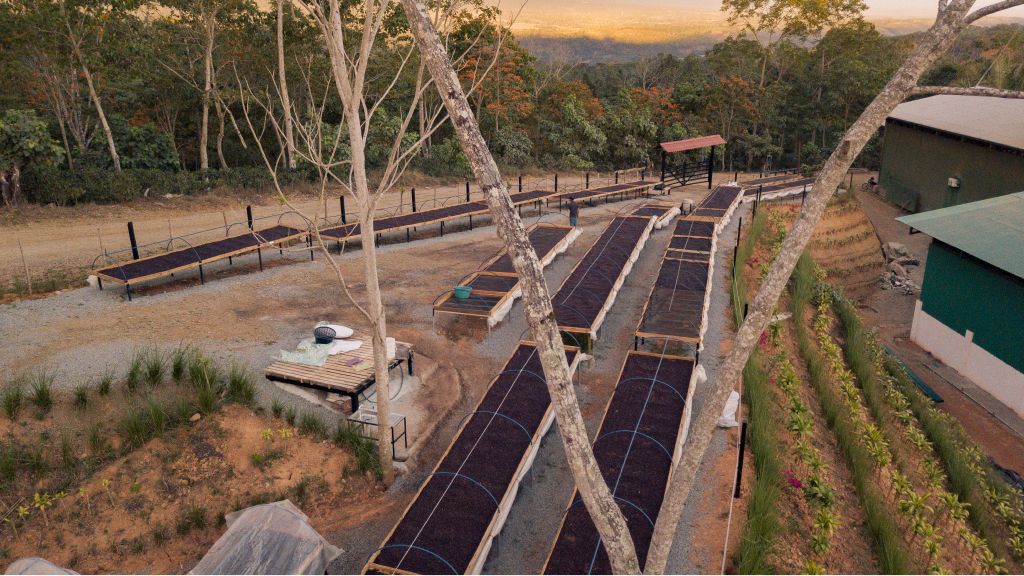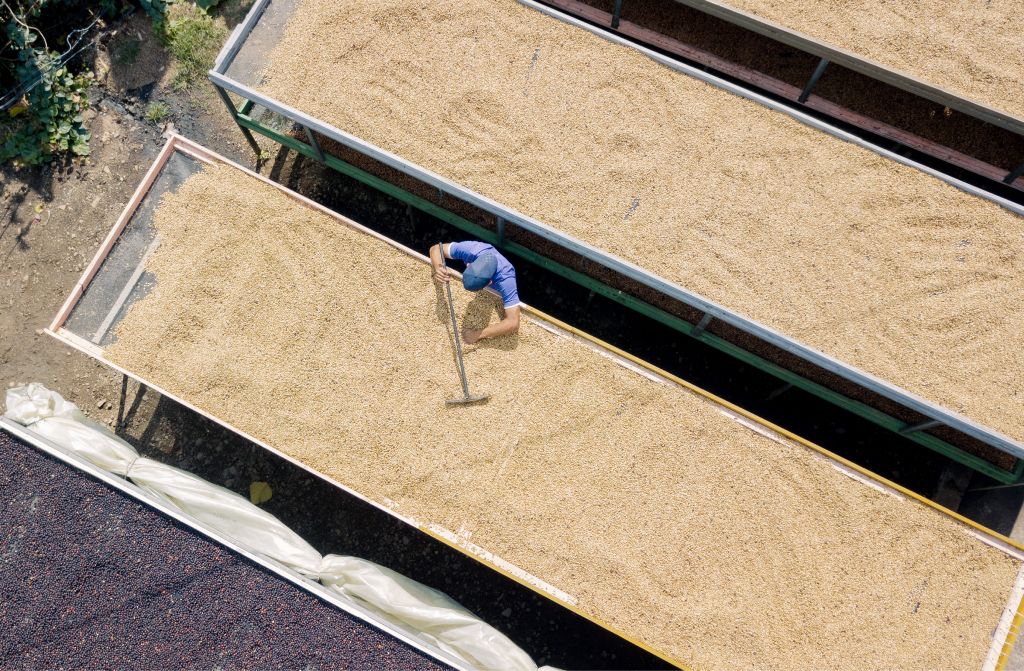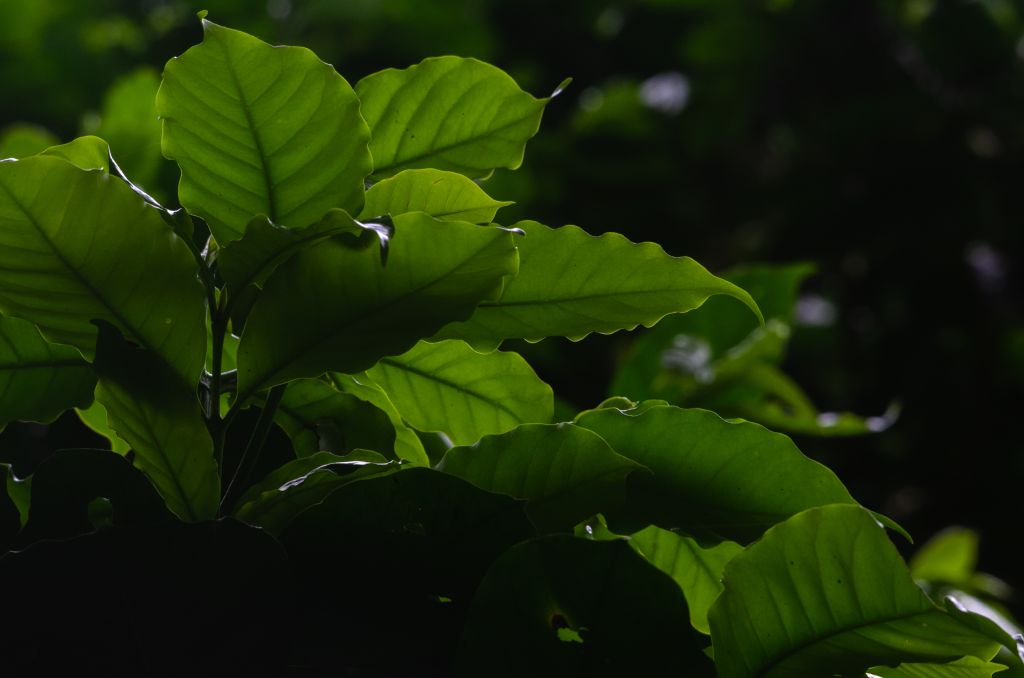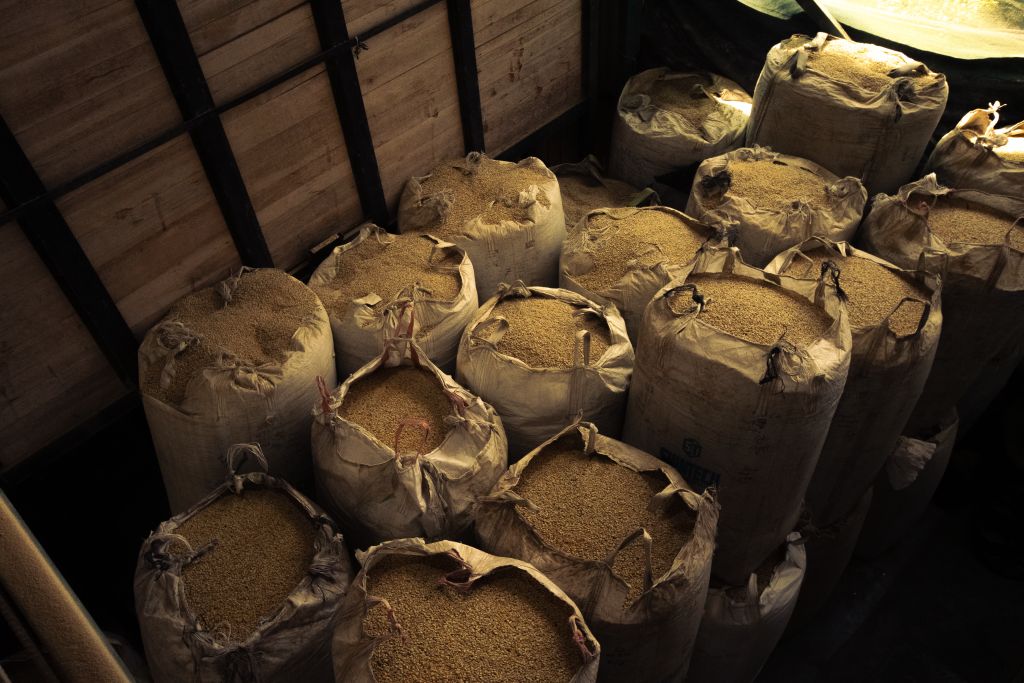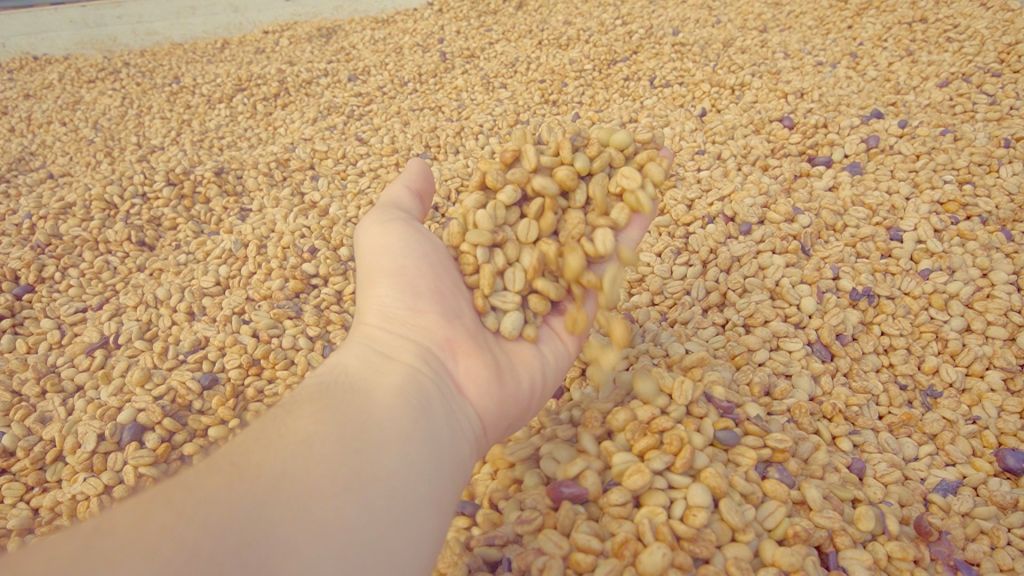Marespi Coffee’s story began over three generations ago in the mountainous regions of Costa Rica. What started as a small family operation has evolved into a well-respected exporter, renowned for producing high-quality, traceable coffees.
Located in the West Valley, Marespi benefits from the region’s volcanic soil, consistent rainfall, and high altitudes—perfect conditions for cultivating exceptional beans. The farmers they work with, many of whom have partnered with Marespi for decades, blend traditional farming techniques with innovative methods to produce some of the most complex, flavorful coffees in the world.
Sustainability is at the heart of Marespi’s mission. They are committed to preserving the environment by reducing chemical use, protecting local ecosystems, and promoting biodiversity. Their innovative honey and natural processing techniques not only enhance the coffees’ sweetness, balance, and acidity but also reduce water consumption, reflecting their dedication to sustainable production practices. These methods create rich, fruity coffees that are sought after by specialty roasters globally.
But Marespi’s impact goes beyond just coffee production. Their focus on building long-term, meaningful relationships with farmers ensures fair compensation, ongoing education, and community support. Through these efforts, Marespi fosters growth and resilience within coffee-growing communities, helping them thrive in an ever-changing global market.
At Ally Coffee, we are proud to partner with Marespi, sharing their values of transparency, sustainability, and a commitment to quality. This partnership allows us to bring the finest Costa Rican coffees to the world, coffees that are not only rich in flavor but also rich in story—of the people and the land that nurtured them.
Marespi’s work ensures that every bean is traceable, At Ally Coffee, we share this dedication, and together with Marespi, we aim to connect coffee lovers worldwide with the finest expressions of Costa Rica’s coffee-growing heritage.
This coffee comes from Asdrual Acuña’s farm, “El Aguacate,” and is processed at the Marespi’s. It is a Catuai variety that undergoes a natural process where the whole coffee cherries are dried on raised beds. During the drying period, which lasts around 22 days under sunlight, the beans are carefully monitored for humidity, risk of fungus, and other quality factors to ensure optimal results.
